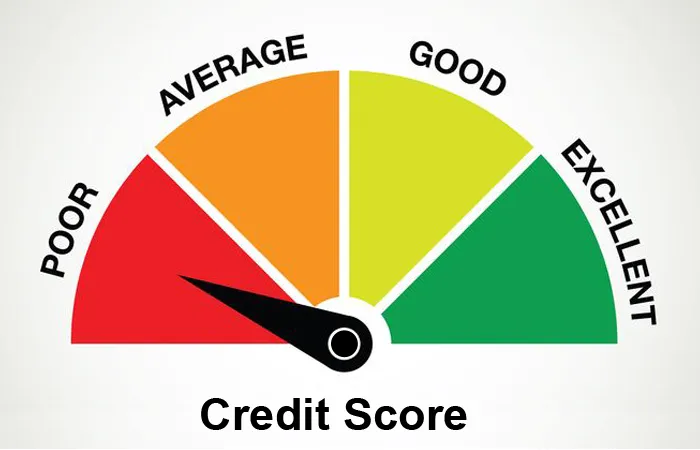Effects of a Low Credit Score on Mortgage Applications
Higher Interest Rates: Lenders may offer you a mortgage but at a higher interest rate. This means you’ll end up paying more over the life of the loan.
Restricted Mortgage Options: The range of available mortgage products may be limited, and eligibility for certain competitive or tailored deals could be affected.
Down Payment Requirements: Lenders might ask for a larger down payment to mitigate the risk associated with a lower credit score.
Stricter Approval Criteria: Lenders may impose stricter eligibility criteria, such as requiring a co-signer or additional collateral.
Stricter Approval Criteria: Lenders may impose stricter eligibility criteria, such as requiring a co-signer or additional collateral.
Navigating the Mortgage Process with a Low Credit Score
While a low credit score can present challenges, it’s not a roadblock to homeownership. Consider the following steps to navigate the mortgage process effectively:
Work on Credit Improvement: Take proactive steps to improve your credit score. Timely payments, reducing outstanding debts, and addressing inaccuracies on your credit report can make a positive impact.
Partnering with a mortgage broker: At SZ Financial Services Ltd provides access to a range of lenders offering solutions for individuals with lower credit scores. Suitable mortgage options can be identified to support the homeownership journey.
Save for a Larger Down Payment: A larger down payment can help offset the risks associated with a low credit score and improve your chances of mortgage approval.
Consider a Co-Signer: If possible, having a creditworthy co-signer could increase your chances of obtaining a mortgage.
Understanding the relationship between credit scores and mortgage approval is essential for anyone aspiring to become a homeowner.
Improving Your Credit Score for Better Mortgage Deals
Your credit score plays a pivotal role in determining the terms and opportunities available to you when seeking a mortgage. A higher credit score can lead to better mortgage deals, including lower interest rates and more favourable loan terms. Here’s how you can work toward improving your credit score to secure a more advantageous mortgage:
Review Your Credit Report: Start by obtaining a copy of your credit report from Check My File. Review the report carefully to identify any errors or inaccuracies that could be negatively impacting your score.
Make Timely Payments: Consistently making on-time payments on your existing debts, such as credit cards and loans, demonstrates responsible financial behaviour. Payment history is a significant factor in calculating your credit score.
Reduce Credit Card Balances: High credit card balances relative to your credit limits can negatively affect your credit score. Aim to keep your credit card balances well below your available credit limits.
Avoid Opening Too Many New Accounts: Each time you apply for credit, a hard inquiry is recorded on your credit report. Too many recent inquiries can signal higher risk to lenders, potentially lowering your score.
Lengthen Your Credit History: The length of your credit history also influences your credit score. Avoid closing old credit accounts, as a longer credit history can have a positive impact.
Diversify Your Credit Mix: Having a mix of credit types, such as credit cards, personal loans, and mortgages, can reflect positively on your credit score. However, only open new accounts when necessary and manageable.
Create a Budget: Maintaining a well-structured budget helps you manage your finances and make timely payments. Consistency in your financial obligations contributes to a stronger credit profile.
Pay Off Collection Accounts: If you have any outstanding collection accounts, work on resolving and paying them off. While these accounts negatively impact your score, paying them can help improve it over time.
Limit Credit Utilisation: Ideally, aim to use only a small percentage of your available credit to demonstrate responsible credit management. Keeping credit card balances low relative to their limits can boost your score.
Be Patient: Improving your credit score is a gradual process. As you adopt positive financial habits and maintain them over time, you’ll see the impact on your credit score.
By taking these steps to improve your credit score, you position yourself for better mortgage deals and a stronger financial future. A higher credit score not only enhances your chances of mortgage approval but also leads to more favourable terms, potentially saving you a significant amount of money over the life of your mortgage.

